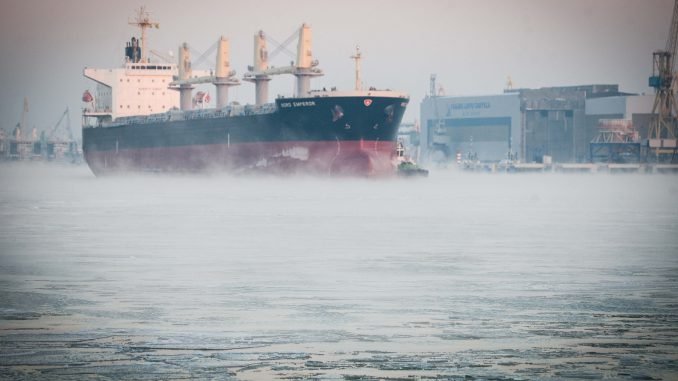
When Russia banned the import of certain products from European Union states, economists predicted that the export of Lithuanian production would fall by 7%. However, the considerable drop in exports to the East was compensated for by growing exports to other countries, especially to the rest of the EU. With the exception of oil products, exports of Lithuanian origin grew by almost 2% over the last 11 months of last year.
According to Minister of Economy Evaldas Gustas, the Economic Diplomacy Service has identified 10 target markets that would be advantageous for our exporters. Some require a simple increase in exports, while some have yet to be penetrated by Lithuanian exporters.
“Markets to which we need to increase the amount of our exports include Sweden, Norway, France, Germany, the United Kingdom and the United States. There are also four markets that are target developing markets: Israel, China, Japan and another country that we see the opportunity to move into,” said the minister of economy.
In 2015, the country’s economy grew half as quickly as it had over the last few years, which was caused primarily by the tough international environment. If the global economy, and China’s in particular, doesn’t perform poorly, exports should grow by 3-4% this year, according to Versli Lietuva.
Analysts at the Lithuanian Confederation of Industrialists believe this growth would reach 2-3%.
“Our exports are already 50% higher than they were during the pre-crisis period in 2008. We need to understand that achieving growth from such a high base, statistically, will be difficult. This is one of the reasons why we won’t see export growth of 10-15% this year,” said Aleksandras Izgorodinas, an analyst at the Lithuanian Confederation of Industrialists.
According to analysts, export indicators would be even better if oil prices around the price weren’t dropping. Also, with the continuing economic sanctions, Russia and other Commonwealth of Independent States (CIS) countries’ economies are in decline, which means that their reduced imports and devalued currencies are negatively affecting Lithuanian shipping and wholesale re-exporters.
A significant part of these companies’ services still include the shipping of cargo to Eastern countries.

Be the first to comment